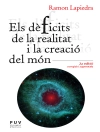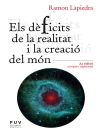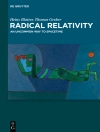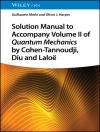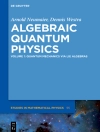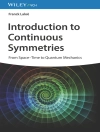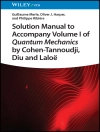Relativistic celestial mechanics – investigating the motion celestial bodies under the influence of general relativity – is a major tool of modern experimental gravitational physics. With a wide range of prominent authors from the field, this two-volume series consists of reviews on a multitude of advanced topics in the area of relativistic celestial mechanics – starting from more classical topics such as the regime of asymptotically-flat spacetime, light propagation and celestial ephemerides, but also including its role in cosmology and alternative theories of gravity as well as modern experiments in this area.
This first volume of a two-volume series is concerned with theoretical foundations such as post-Newtonian solutions to the two-body problem, light propagation through time-dependent gravitational fields, as well as cosmological effects on the movement of bodies in the solar systems.
On the occasion of his 80-th birthday, these two volumes honor V. A. Brumberg – one of the pioneers in modern relativistic celestial mechanics.
Contributions include:
- M. Soffel: On the DSX-framework
- T. Damour: The general relativistic two body problem
- G. Schaefer: Hamiltonian dynamics of spinning compact binaries through high post-Newtonian approximations
- A. Petrov and S. Kopeikin: Post-Newtonian approximations in cosmology
- T. Futamase: On the backreaction problem in cosmology
- Y. Xie and S. Kopeikin: Covariant theory of the post-Newtonian equations of motion of extended bodies
- S. Kopeikin and P. Korobkov: General relativistic theory of light propagation in multipolar gravitational fields
关于作者
Sergei Kopeikin (ed.), University of Missouri, USA.



